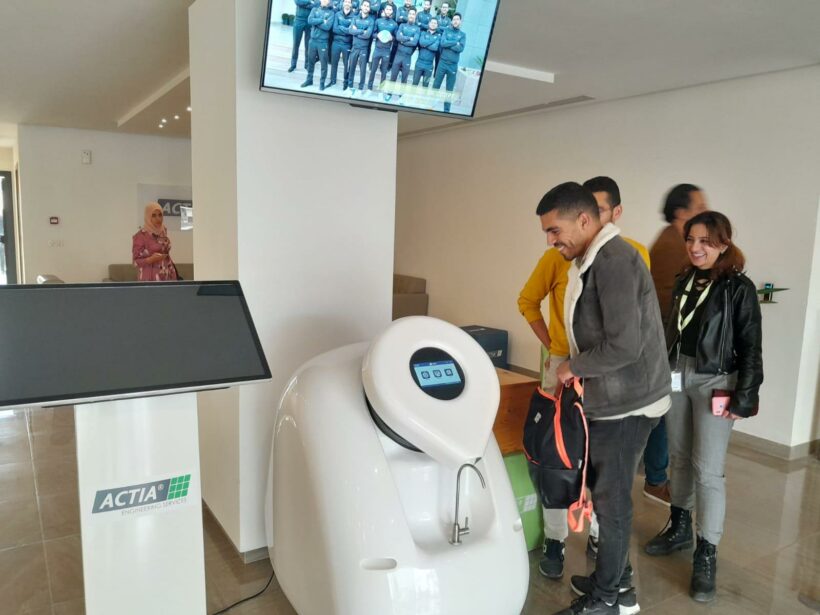On the 29th of April, the country registered extremely high temperatures standing at 34 degrees Celsius in the capital Tunis, even reaching 38 degrees in the southern parts of the country, a notable surge of 14 degrees more than the normal rates.
Tunisia, like many countries around the world, has been grappling with the consequences of climate change. The effects of global warming have been particularly severe in Tunisia, with rising temperatures, heatwaves, and water scarcity posing significant challenges to the country’s environmental and economic sustainability. In the summer of last year, the country endured one of the harshest heatwaves in four decades where on July 13, temperatures reached 48 degrees Celsius causing wildfires to ravage through the grain harvest further putting stress on food security.
In the backdrop of diminishing precipitation and critical water shortage that prompted the government to device a nationwide water rationing strategy last month, the upcoming summer is forecasted to be searing hot.
Experts in the field such as Hamdi Hached, a Tunisian environmental engineer with the European Aeronautic Defense and Space Company, alerted that the temperatures registered on the last two days of the month of April show a surge of 14 degrees more than the normal seasonal rates.
Similarly, Raoudha Gafrej, an expert in water resources and climate adaptation, explains that Tunisia has been dealing with a chronic water deficit since 2010 with precipitation dropping by 50% and the situation is only expected to intensify in the upcoming years. She also criticizes the restrictions to the use of water introduced last month by the government as “extremely weak” in addressing the problem. She argues that drought is a natural disaster and the government is still unaware that it is absolutely necessary to declare a state of drought so that more effective strategies could be put in place to regulate the consumption of water.
While the government’s inaction is concerning, youth in Tunisia are taking matters in their own hands and are launching individual initiatives to address the issue of water scarcity.
Kumulus-1 is a fully autonomous machine developed in 2021 by a group of young Tunisian engineers to produce water from air using a renewable energy-powered atmospheric water generator (AWG). The company’s AWG technology uses air filtration, condensation, and sterilization to extract water from the atmosphere, which can then be used for a variety of purposes such as drinking, irrigation, and industrial applications.
The company has already started to provide its products to schools that lack access to water and it aims to make Kumulus-1 omnipresent in hotels, businesses, and government facilities.
The AWG technology is claimed to be environmentally sustainable and cost-effective compared to traditional water sources such as bottled water, wells, or municipal water supplies and can be used in areas where access to clean water is limited or non-existent including the North African desert with a daily production of between 20 and 30 liters of fresh drinkable water.
The company’s efforts have been recognized by many organizations and Kumulus was awarded the first Vivatech 2022 prize for start-ups specializing in the water sector, and is also selected as one of the fifteen most promising “GreenTech” start-ups in Africa.
So while Tunisia is facing significant challenges due to climate change, there are opportunities for governmental action and individual initiative to address the issue, and inventions such as Kumulus-1 demonstrate that individual action can make a difference in addressing the issue of water scarcity.










